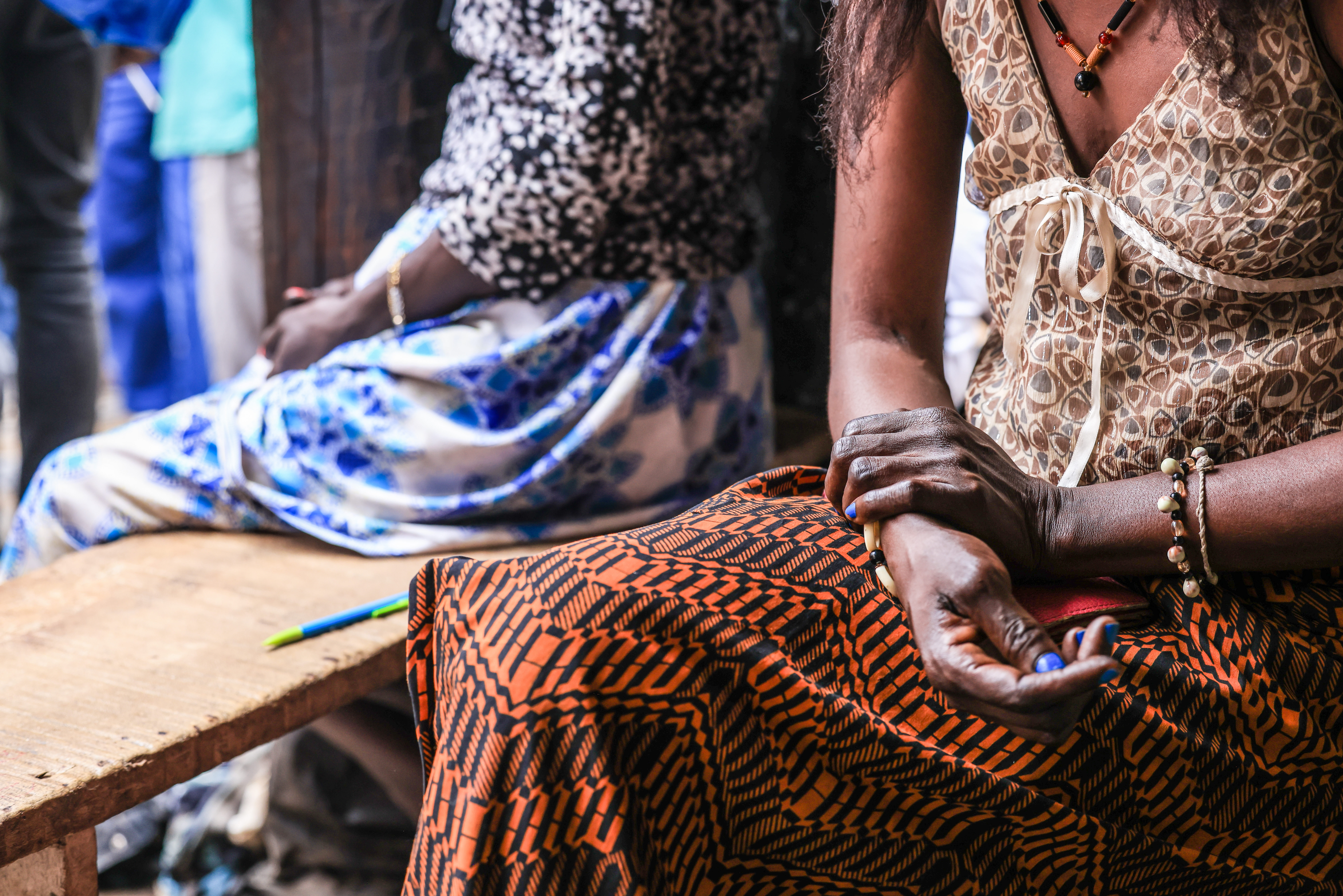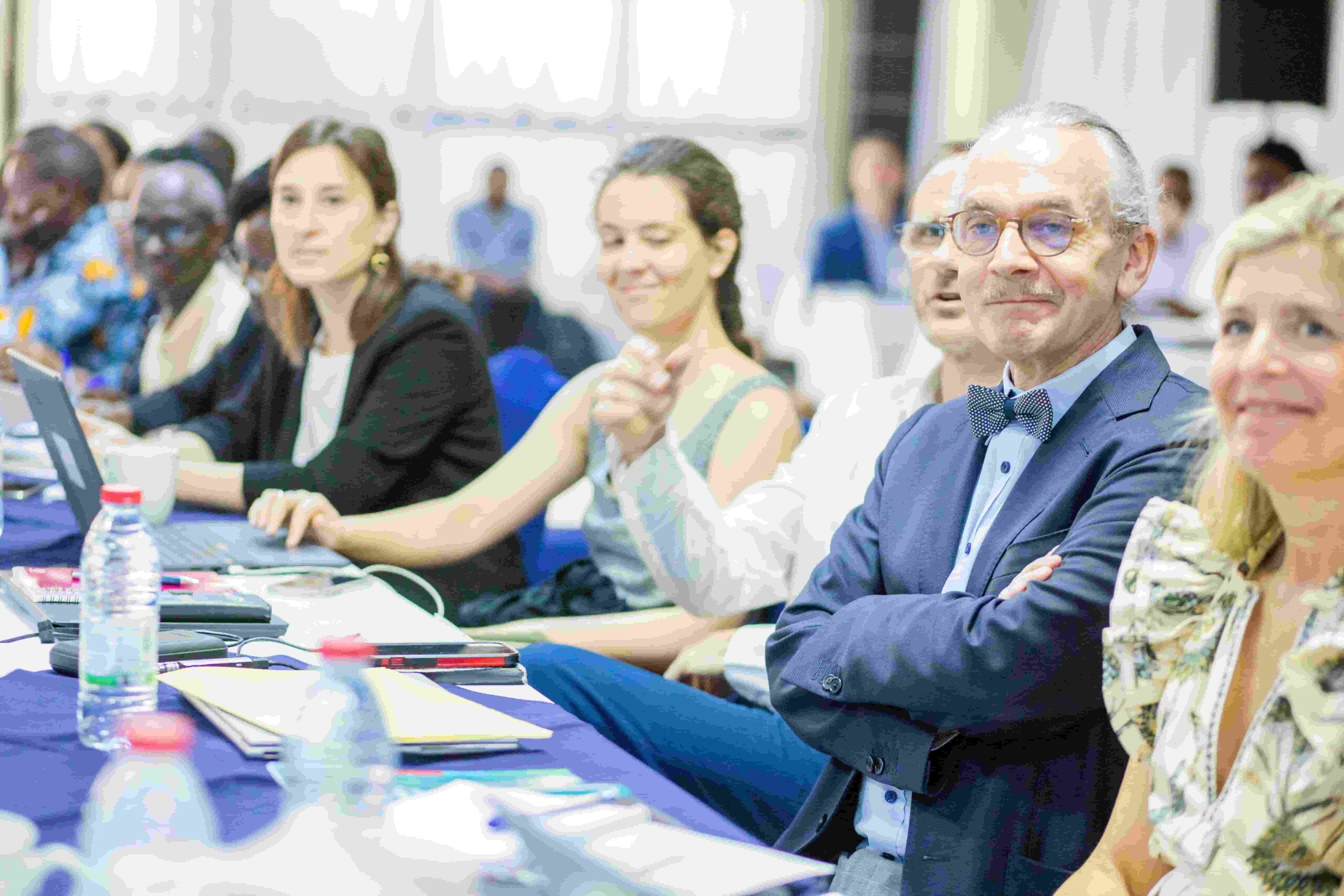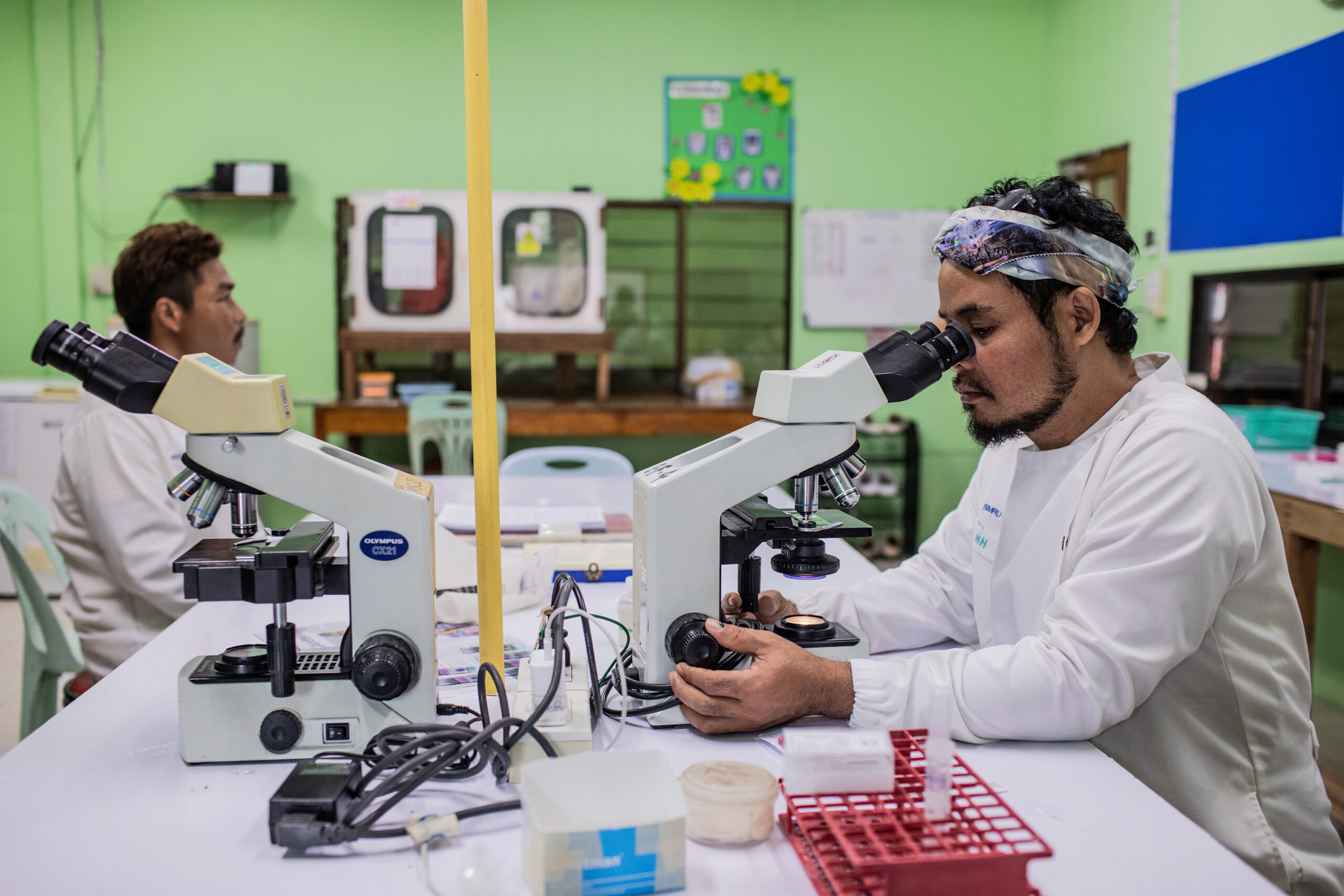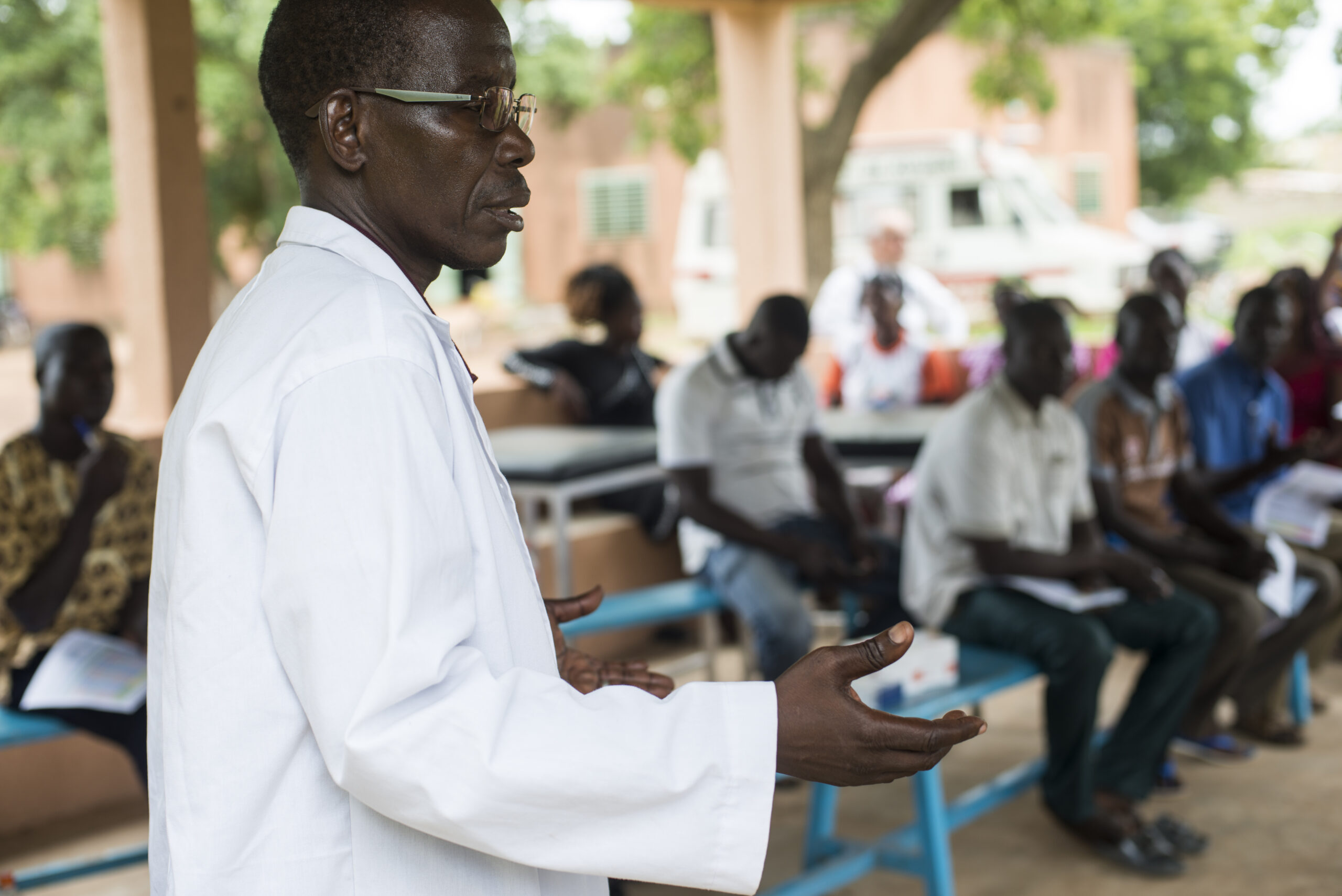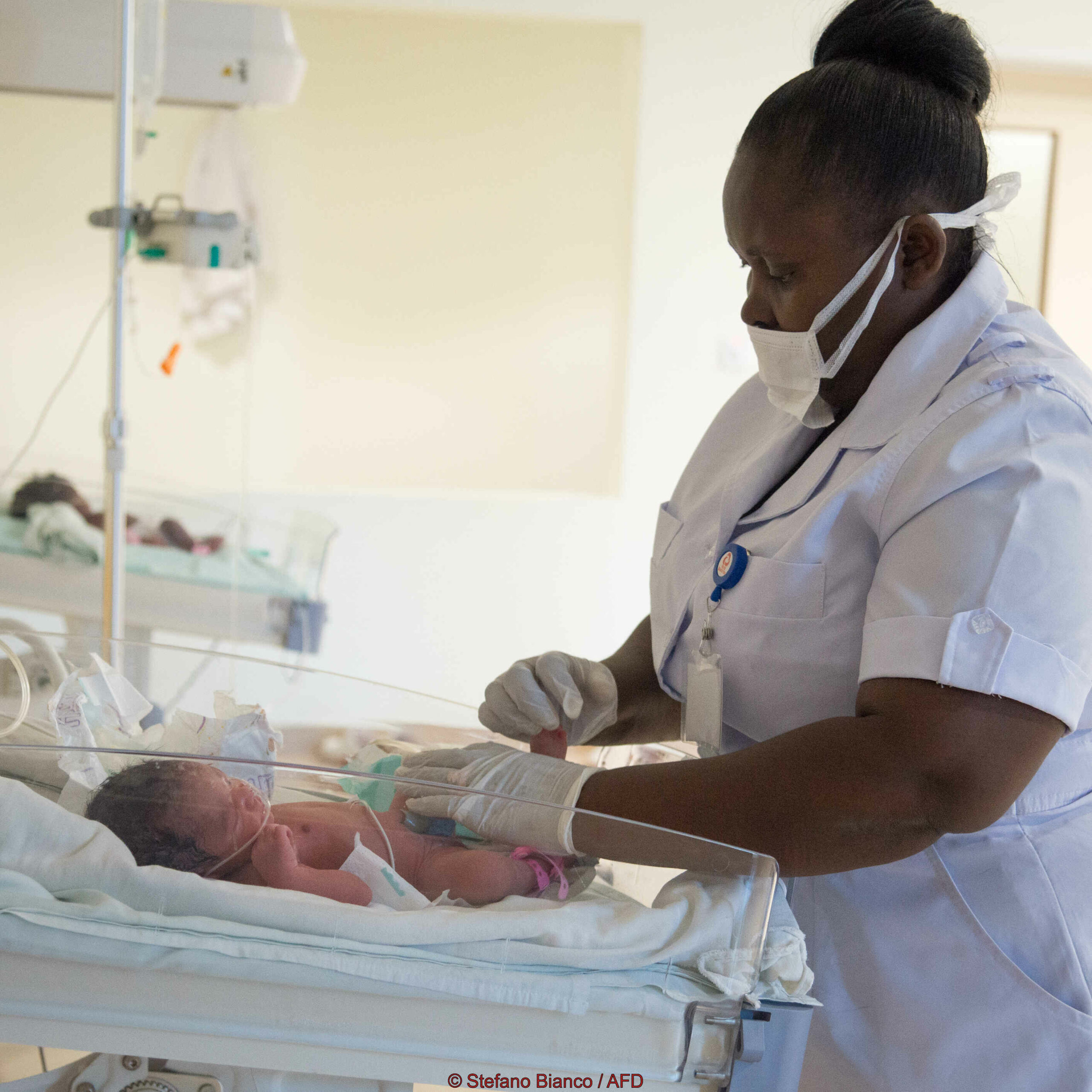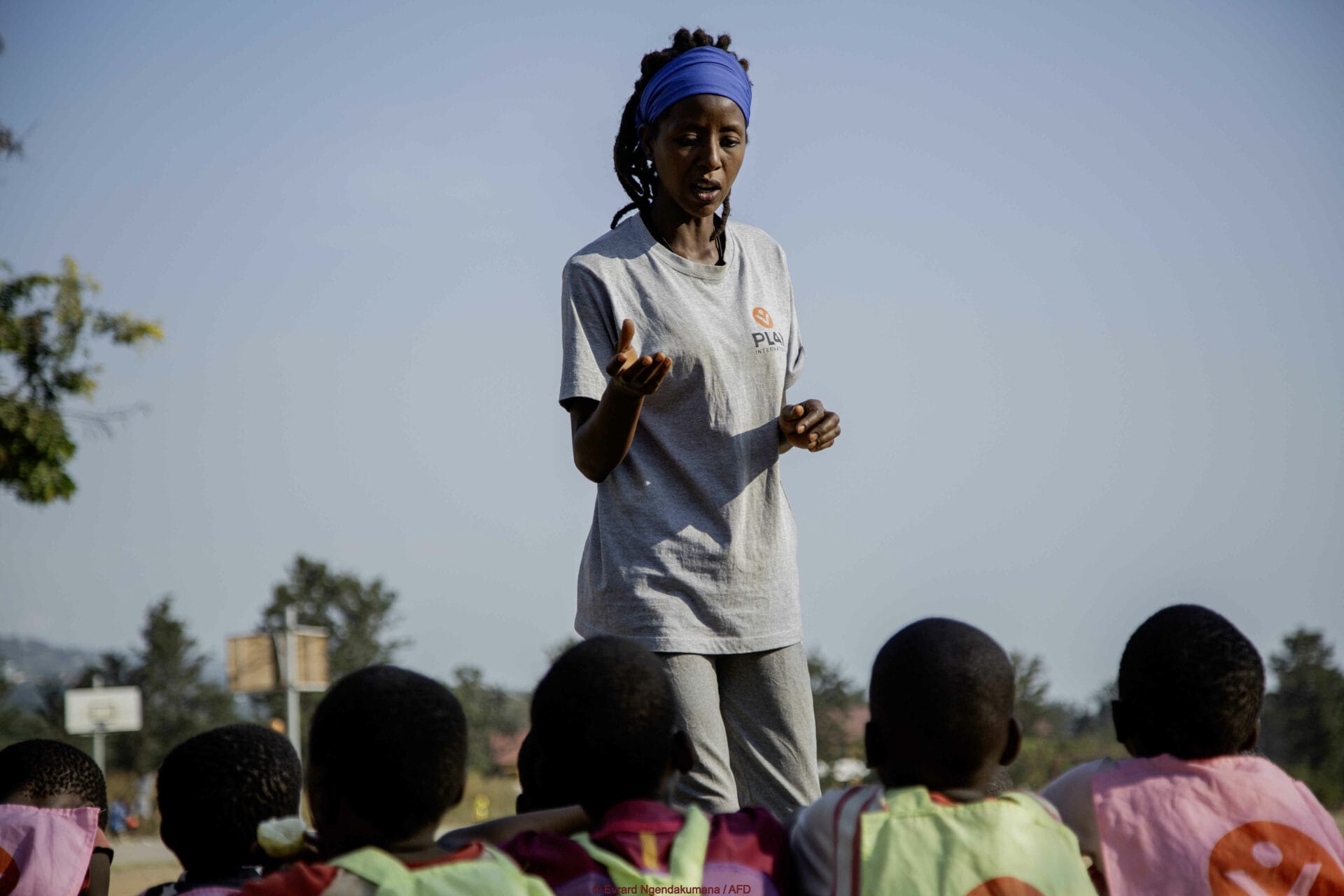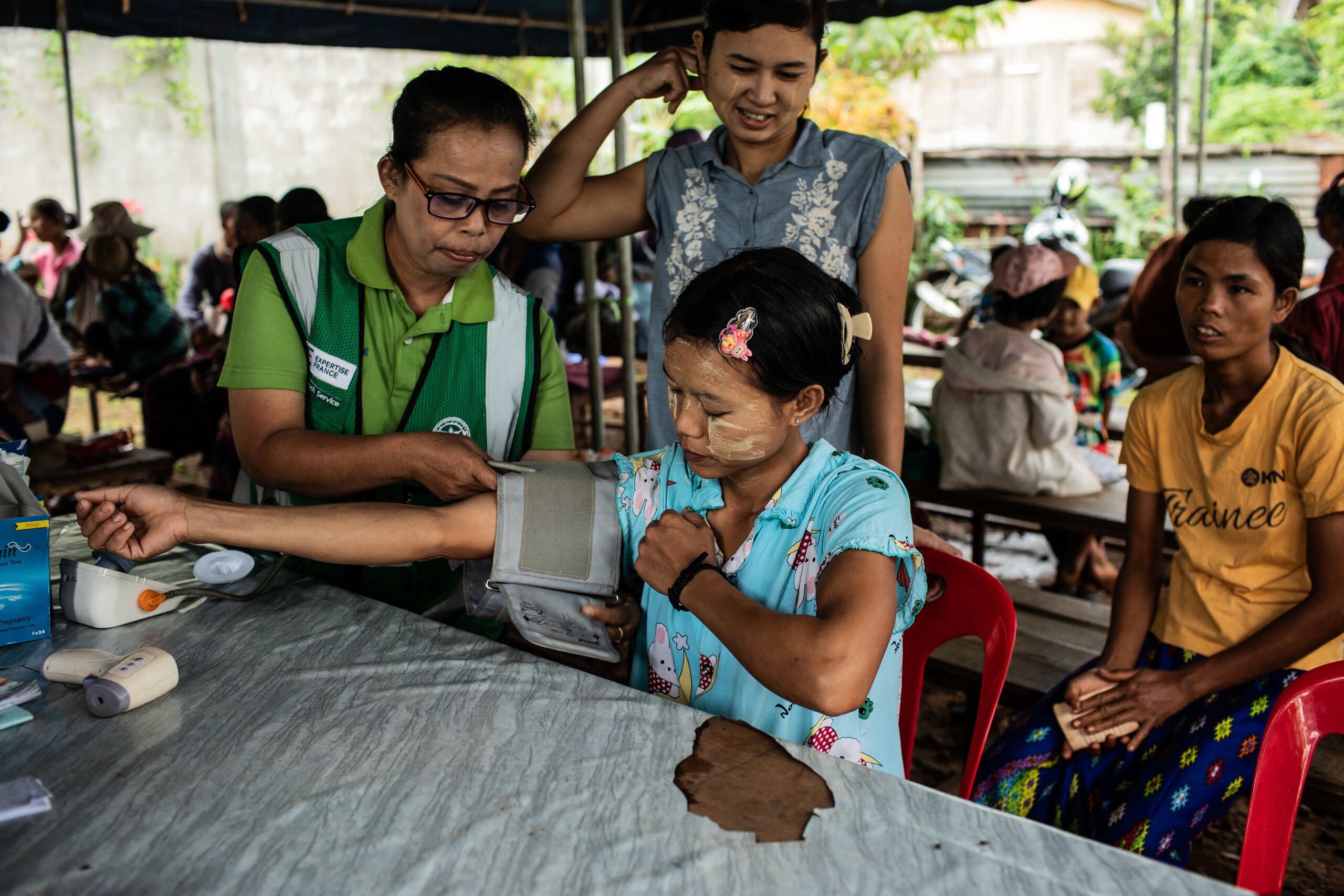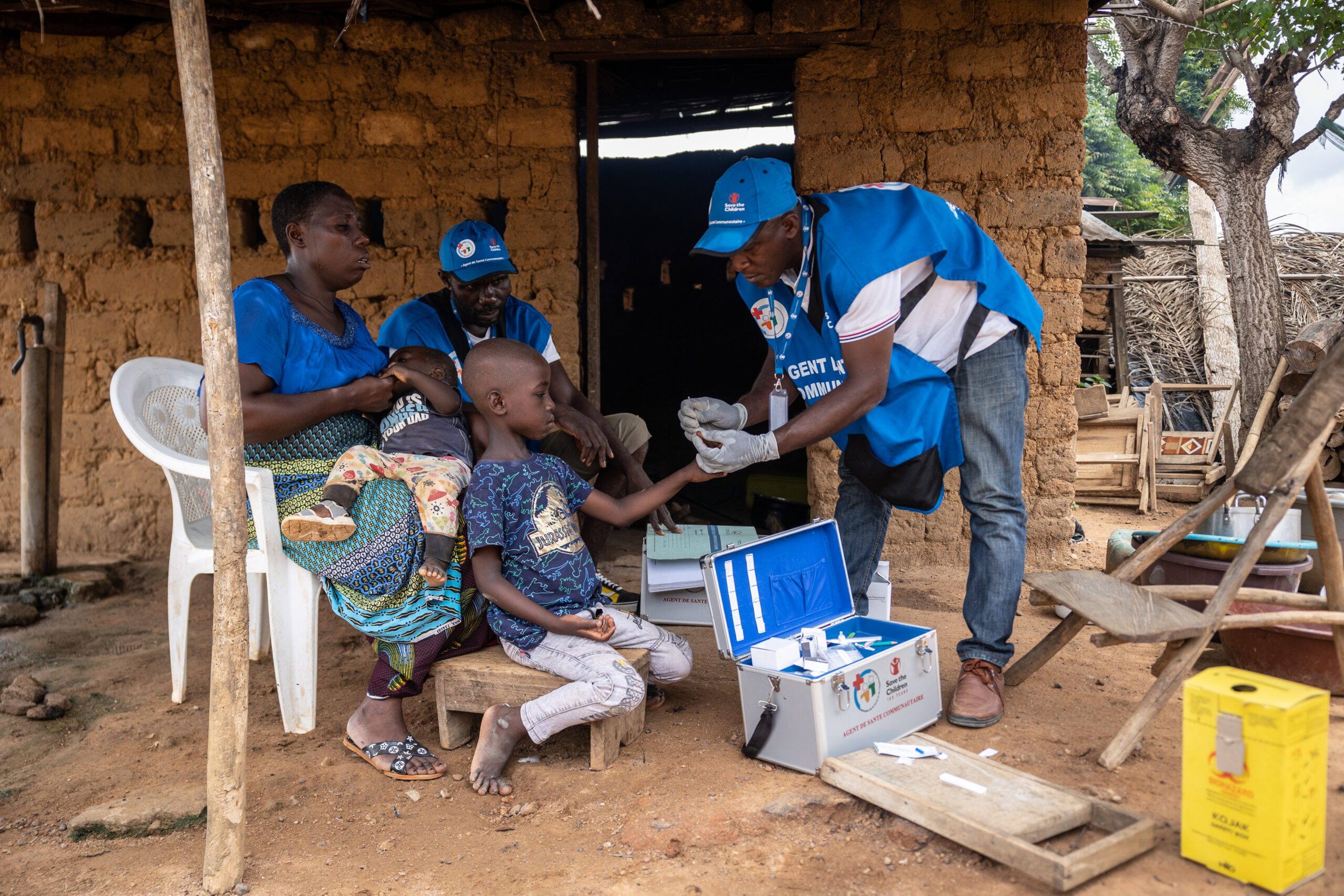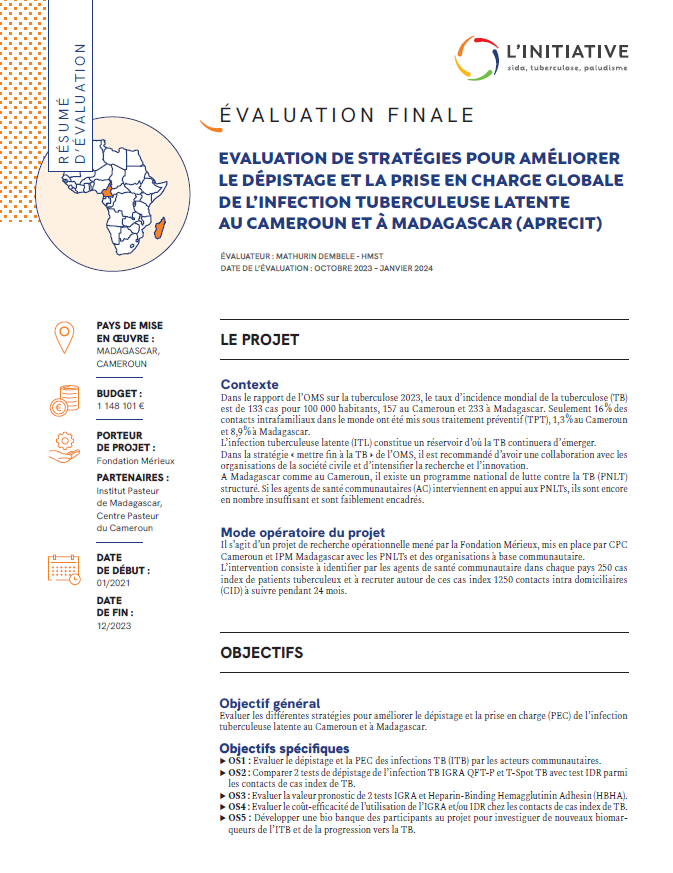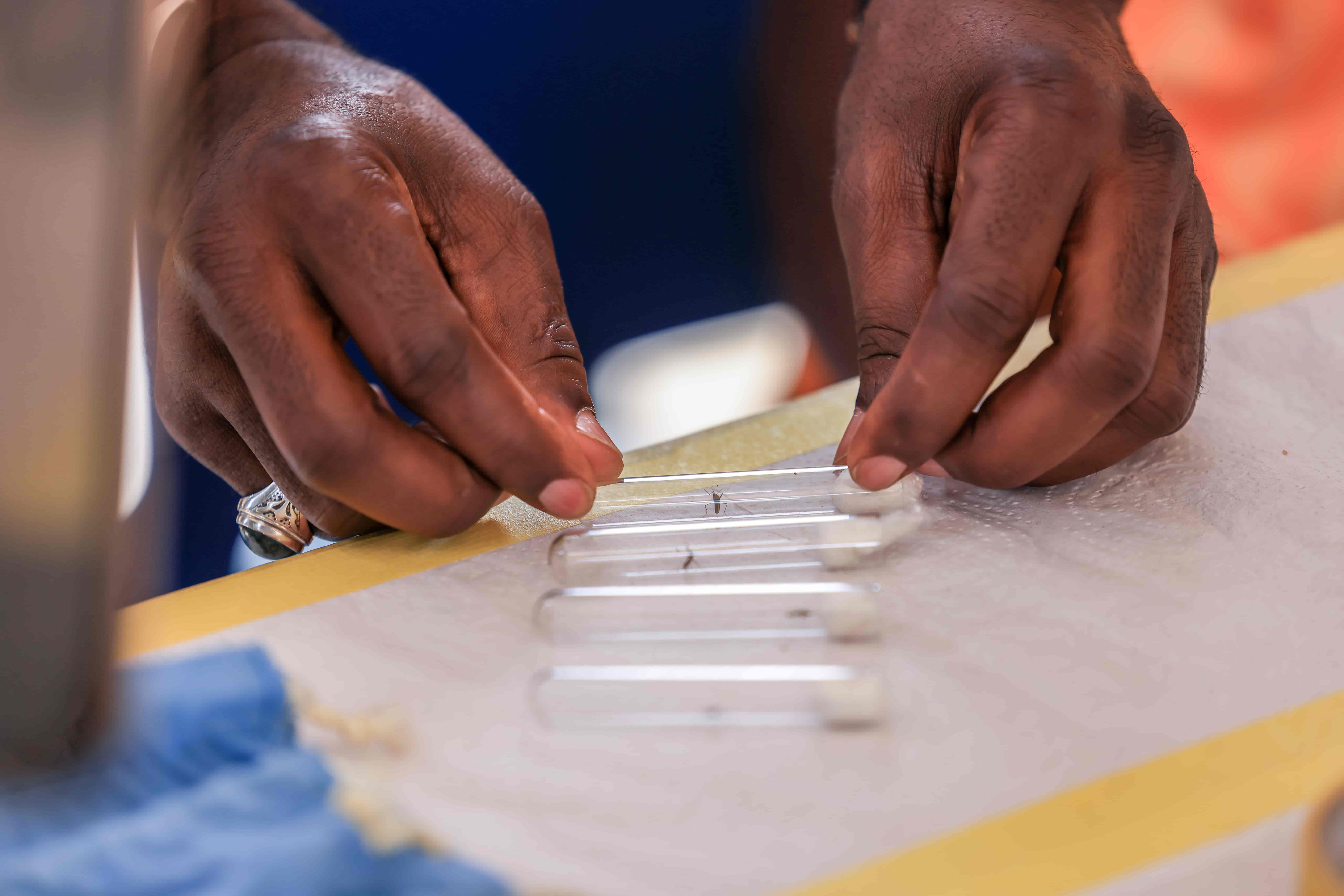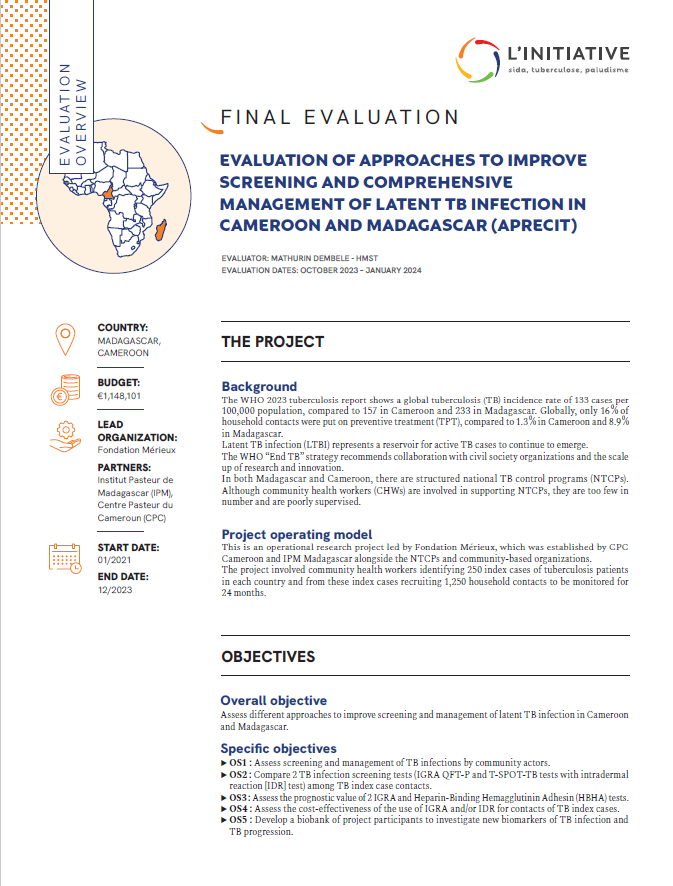In 2022, only 14% of women and girls—approximately 557 million—lived in countries with robust legal protections ensuring fundamental human rights for women. Gender-based violence (GBV) remains a global scourge, particularly affecting women, girls, and marginalized individuals, often in the shadows. Whether physical, psychological, or economic, these forms of violence have a devastating impact on the health, dignity, and fundamental rights of those affected.
Globally, it is estimated that 736 million women—nearly one in three—have experienced sexual and/or physical violence by an intimate partner, non-partner sexual violence, or both (30% of women aged 15 and older). In this context, L’Initiative is committed to addressing the specific needs of vulnerable populations while fighting gender discrimination and associated violence. Through innovative supported projects, L’Initiative works to ensure equitable access to healthcare and rights while empowering people and communities to take action against violence.
PluriElles: Enhancing Healthcare Access for Rural Women in Madagascar
In Madagascar, women living in rural areas face daily challenges in accessing healthcare, intensified by normalized violence. The PluriElles project, led by Santé Sud in partnership with the MAD’AIDS Network, seeks to address these inequalities by deploying community midwives in the Ambanja and Analamanga districts, where sexual and reproductive health services are particularly scarce.
These professionals provide care and support in sexual and reproductive health, as well as pandemics (HIV, tuberculosis, malaria), within a decentralized healthcare strategy. By the project’s conclusion, midwives and other key local actors (community health workers, youth peer educators, traditional birth attendants) will be trained in GBV and youth reproductive health. By structuring services to reflect the specific realities and needs of women, men, and young people in rural areas, PluriElles aspires to build a localized healthcare approach, raising awareness and strengthening local capacities.
Diagnostic Study: Bringing GBV Against Sex Workers in Madagascar to Light
In Madagascar, few studies have been conducted on GBV against the diverse populations engaged in sex work.
The project led by Médecins du Monde in partnership with the Réseau Association des Femmes Samaritaines (AFSA), FIVEMIMAD, Réseau Solidarité LGBT and SISAL, focuses on the rights of sex workers along the Antananarivo-Toamasina axis. It includes a pioneering study documenting the types of violence faced by women, LGBT+ individuals, and young people, often rendered invisible. This research highlights the challenges they encounter within communities and in accessing healthcare services.
The study’s findings will guide improvements in healthcare services and support systems while raising awareness among local authorities and communities. Through this effort, L’Initiative, the Agence Française de Développement, and Médecins du Monde aim to promote greater recognition and protection of sex workers’ rights, fully integrating them into the fight against GBV.
Triple Elimination: Reducing Mother-to-Child Transmission of HIV, Hepatitis B, and Syphilis in Guinea
In Guinea, mother-to-child transmission of HIV, hepatitis B (HBV), and syphilis remains a major public health concern, exacerbated by social and geographical inequalities. The Triple Elimination project, implemented by Solthis in partnership with the Réseau Africain de l’éducation pour la santé et la citoyenneté (RAES), the African Center of Excellence for the Prevention and Control of Communicable Diseases, the programme national de lutte contre le VIH et les hépatites, the Expanded Vaccination Program, and the Direction nationale de la santé communautaire et de la médecine traditionnelle, introduces an innovative strategy to tackle this challenge.
The project seeks to improve healthcare access for pregnant women and newborns by integrating combined HIV-syphilis screening and introducing HBV vaccination at birth. Working with local and community stakeholders, it also addresses obstetric and gynaecological violences and social barriers that hinder access to prenatal and postnatal services for many women.
With a focus on community health and local action, Triple Elimination aims at providing more accessible and tailored services to over 20,000 pregnant women and their newborns, enhancing awareness, prevention, and care while reducing preventable maternal and infant morbidity and mortality.
Lahiyata: Advancing Sexual and Reproductive Health Rights for Girls in Niger
In Niger, where 70% of the population is under 25, sexual and reproductive health (SRH) among youth—especially young girls and adolescents—faces significant challenges rooted in gender inequalities. The Lahiyata project, led by Solthis in partnership with Lafia Matassa, seeks to strengthen adolescents’ exercise of their SRH rights.
The project establishes safe spaces and workshops in school clubs to raise awareness and inform youth while empowering young leaders and community facilitators. To enhance access to tailored healthcare services, it trains professionals in addressing violence and menstrual health. By tackling social inequalities and promoting active youth participation, Lahiyata works toward creating a safer, more inclusive environment that respects the rights of girls and women, significantly reducing GBV and improving youth access to SRH in Niger.
Ya-Fohi: Supporting Marginalized Female Drug Users in Côte d’Ivoire
In Côte d’Ivoire, the Ya-Fohi project, led by Espace Confiance in partnership with APROSAM, ASAPSU, and ENDA Santé, focuses on a vulnerable and marginalized group: drug users. Among them, female drug users are particularly vulnerable to GBV and face significant barriers to healthcare access.
By providing tailored health services, this project aims to reduce risks related to HIV and tuberculosis and improve care for these often-stigmatized women who face multiple vulnerabilities. Beyond healthcare, Ya-Fohi advocates for a shift in perspective and approach toward drug users. By raising community and public service awareness, the project promotes inclusion and respect for rights, working to reduce violence and broaden opportunities for social inclusion.
Acting for an Inclusive, Violence-Free World
Through these initiatives, L’Initiative champions a multidisciplinary approach placing human rights and the fight against violence at the heart of its health actions.
Every project led by L’Initiative is a call to rethink how health systems and societies recognize and respond to gender-based violence. Beyond on-the-ground actions, these efforts represent long-term commitments to build environments where health, dignity, and justice prevail over discrimination and silence.
